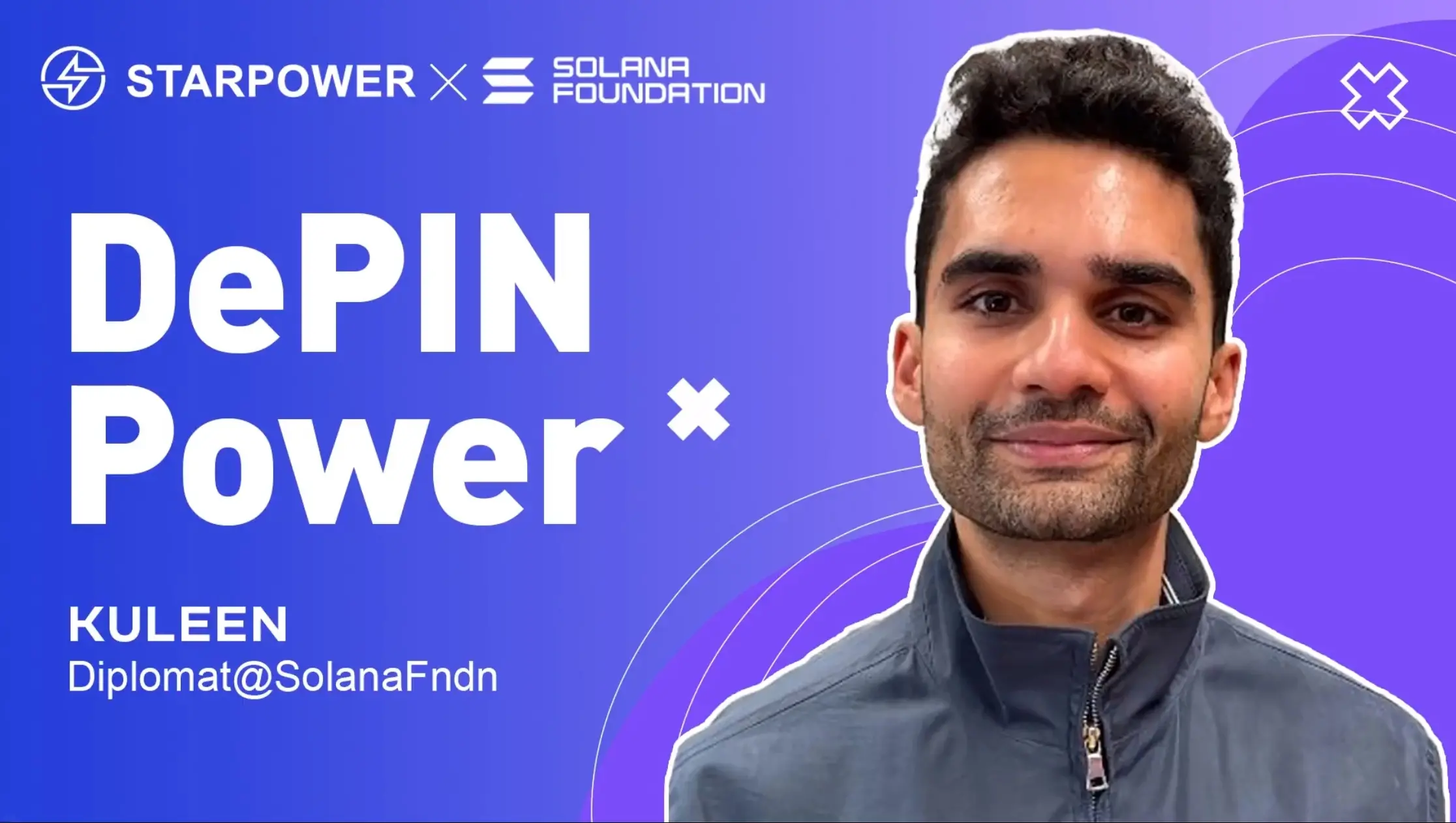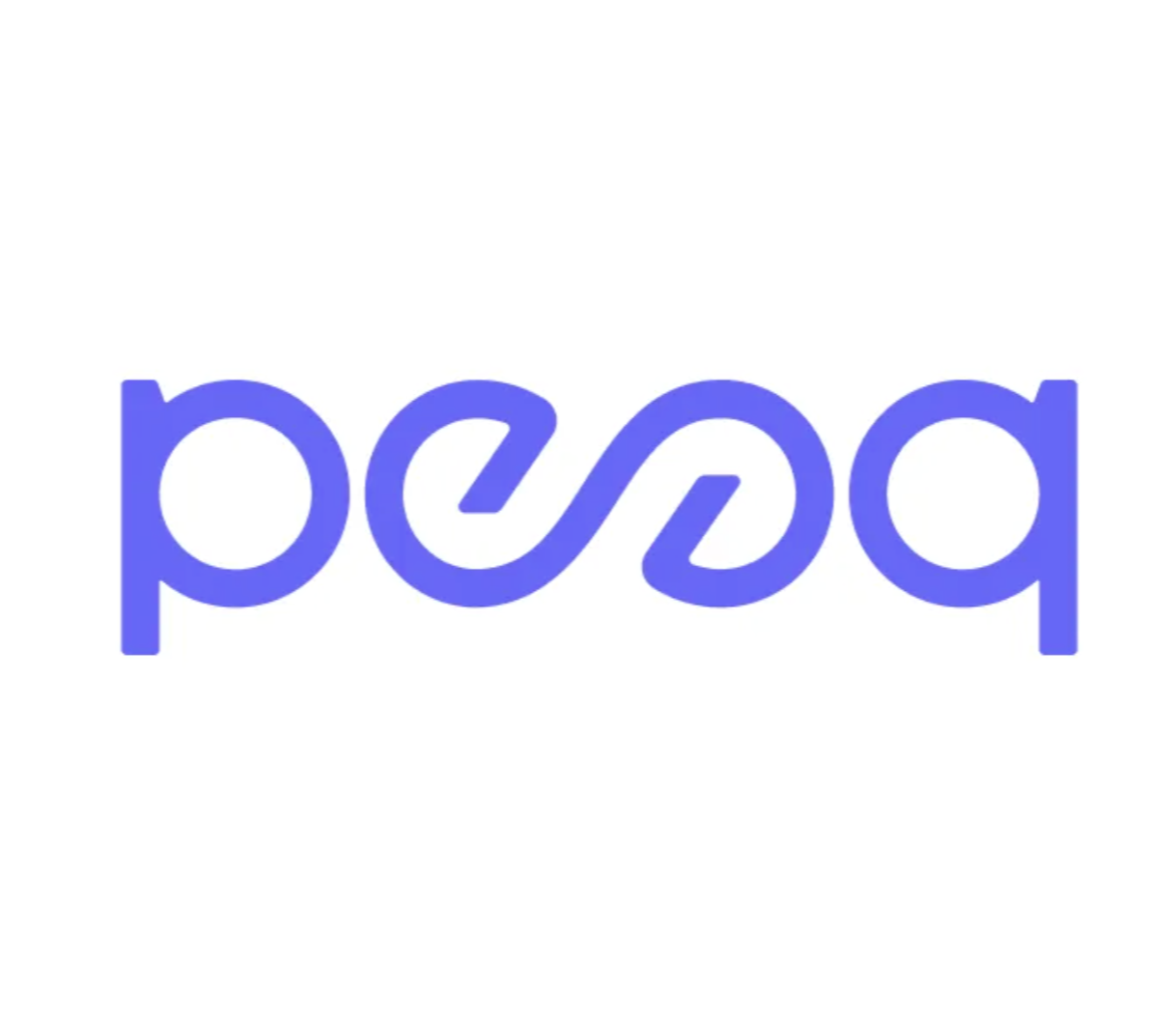The DePIN Explorer - DePIN Scan
Trending 🔥
DePIN Market Cap
$28,084,647,199
-1.6%
Volume
$11,434,616,512
-20.0%
DePIN Projects
296
DePIN Devices
19,051,377
-0.1%
DePIN Projects
DePIN Scan is the explorer for DePIN crypto projects. There are 296 DePIN Projects with a combined DePIN market cap of $28,084,647,199 and total DePIN devices of 19,051,377. Click into the projects below to learn how to start earning passive income today.
Project | Token | Category | Social Following | Market Cap | Token Price | 24h Trade VOL | 1D | 7D | 30D | Total Devices | Last 7 days |
|---|---|---|---|---|---|---|---|---|---|---|---|
 | SOL | Chain | 2,849,289 | $116,200,869,226 | $244.66 | $11,895,885,813 | +2.1% | +14.5% | +48.1% | - | |
 | RNDR | ServerAI | 205,287 | $3,773,693,207 | $7.25 | $511,774,748 | -6.2% | +7.5% | +44.6% | - | |
 | FIL | Server | 664,533 | $2,676,925,107 | $4.45 | $613,701,645 | +6.1% | +14.5% | +20.2% | 3,538 | |
 | THETA | ServerAI | 270,327 | $1,646,906,455 | $1.65 | $85,909,615 | +1.2% | +22.4% | +30.3% | 5,885 | |
 | HNT | Wireless | 213,679 | $985,375,066 | $5.71 | $22,577,524 | +0.6% | -1.9% | -16.4% | - | |
 | AKT | ServerAI | 118,966 | $917,094,280 | $3.7 | $47,992,403 | -8.1% | +22.6% | +52.2% | 472 | |
.jpg) | GRASS | ComputeAI | 513,983 | $608,577,162 | $2.5 | $234,763,551 | +0.6% | -5.3% | - | - | |
 | IOTX | Chain | 300,822 | $398,269,643 | $0.04191 | $28,302,462 | +2.9% | +8.6% | +8.1% | - | |
.jpg) | IO | ComputeAI | 504,262 | $287,346,576 | $2.39 | $276,283,012 | -6.2% | -5.0% | +19.2% | - | |
.jpg) | NOS | ComputeAI | 59,314 | $269,460,825 | $3.32 | $3,876,794 | -4.5% | -16.2% | +41.2% | - | |
 | ATH | Compute | 839,186 | $240,782,077 | $0.05931 | $93,823,964 | -3.4% | +3.1% | +10.9% | - | |
 | HONEY | SensorAI | 48,799 | $188,208,105 | $0.06444 | $1,266,827 | -7.7% | -18.6% | +9.6% | 8,037 |

10 hours ago
Robot Pump Launches on IoTeX Mainnet**Robot Pump Launches on IoTeX Mainnet**
BlockBeats news on November 21st reveals that the fair launch platform for meme tokens, Robot Pump, has officially landed on the IoTeX mainnet. Users can now launch and trade meme coins on the IoTeX blockchain using Robot Pump. IoTeX, a leading ecosystem in the hot DeFi race, is associated with DePIN and related AI, RWA directions. Robot Pump claims to promote the development of 'deep-tech' meme culture in the DePIN and associated AI, RWA fields. IoTeX's co-founder and CTO, Qevan, mentioned that many memes are based on real-world mappings. Compared to the high technical barriers and long construction cycles of DePIN, AI, and RWA projects, meme culture, with its low entry barriers, fast pace, and broad market foundation, allows the public to more efficiently experience the process of Crypto transformation of real-world influence. It is worth noting that IoTeX's first on-chain DePIN identity system, ioID, was officially launched and integrated into Robot Pump today. ioID will transform physical devices into on-chain assets, with each physical device having a unique on-chain ID for verification. The combination of Robot Pump and ioID may provide a pathway for the rightful ownership verification of real-world mapped memes.

2 days ago
Tory Green Leads io.net in Transforming Decentralized InfrastructureTory Green, with over two decades of experience in entrepreneurship and investment, has recently taken a significant role in the blockchain sector as he leads io.net, a decentralized physical infrastructure network (DePIN). His extensive background includes serving as a venture capitalist at Tiller Partners, where he supported various portfolio companies in executive roles. Green's previous experience as COO and CFO at Hum Capital, along with co-founding The Art of Charm, showcases his diverse skill set and commitment to innovation. His educational background includes a BA in Economics from Stanford University, coupled with athletic experience at the United States Military Academy at West Point, further highlighting his multifaceted approach to leadership.
Io.net recently completed a successful Series A funding round, raising $30 million to enhance its decentralized infrastructure capabilities. The platform utilizes a tailored consensus mechanism optimized for distributed infrastructure, enabling efficient participation from diverse nodes without high computational demands. Security is a key focus, employing cryptographic techniques and node verification to protect the network from malicious actions. Additionally, the integration of edge computing significantly boosts performance by processing data closer to its source, thereby reducing latency and improving response times for users and developers alike.
Interoperability with other blockchain platforms, such as Solana, is a cornerstone of io.net's strategy, enhancing cross-chain data flow and broadening adoption potential. The network's multi-layered security approach ensures data integrity through device authentication and encryption, while scalability is addressed through horizontal distribution of workloads and sharding techniques. Green envisions a transformative impact on DePINs by integrating AI with decentralized infrastructure, aiming to revolutionize industries like healthcare and finance with improved data security and cost-efficiency. His leadership philosophy, shaped by resilience and a hands-on problem-solving approach, is pivotal in driving io.net's mission forward in the rapidly evolving blockchain landscape.

2 days ago
Digital Currency Group Launches Yuma to Innovate on Bittensor's Decentralized AI NetworkDigital Currency Group (DCG), under the leadership of Barry Silbert, has officially launched Yuma, a new subsidiary aimed at promoting innovation within the Bittensor decentralized AI network. Yuma's mission is to equip startups and enterprises with the necessary resources to develop, train, and utilize artificial intelligence in a decentralized framework. Central to Bittensor's ecosystem is the $TAO token, which incentivizes participation by rewarding contributors for their computing power and the quality of their work. This model not only encourages efficiency but also fosters collaboration among users, making it a compelling alternative to traditional, centralized AI systems dominated by major tech companies.
Yuma is designed to support various AI-driven projects that can earn rewards through the Bittensor network. The company offers two distinct partnership models: an accelerator program tailored for startups and established enterprises, and a subnet incubator that facilitates the creation of new projects from the ground up. Through its early subnet incubator program, Yuma has already formed partnerships with several firms, including Sturdy, Masa, Score, and Infinite Games. Additionally, it has collaborated with Foundry to launch the S&P 500 Oracle subnet, showcasing its commitment to building a robust ecosystem around decentralized AI.
As Bittensor co-founder Jacob Steeves noted, the platform was created to provide a competitive alternative to the conventional top-down approach that restricts access to advanced AI capabilities. DCG's involvement with Bittensor dates back to 2021, and its asset management arm, Grayscale, has since introduced a Bittensor Trust and a decentralized AI fund, with Bittensor accounting for 21% of the latter. This strategic investment underscores the growing importance of decentralized networks in the future of artificial intelligence and digital ownership.

2 days ago
The Future of Energy DePIN: Insights from Starpower and Solana FoundationIn a recent podcast episode of DePIN Power, Starpower co-founder Laser engaged in a conversation with Kuleen, the DePIN lead at the Solana Foundation, about the future of energy-focused DePIN projects. Starpower is positioning itself as an open distributed energy network protocol, aiming to connect third-party energy devices and surpass Tesla in device connections within five years. With the mainnet launch expected in the first quarter of next year, Starpower is optimistic about the growth of DePIN in the energy sector, especially as they conduct airdrop activities to build momentum before the launch.
Kuleen expressed excitement about the intersection of DePIN and energy, predicting that energy DePIN will emerge as a significant trend in the coming months. He highlighted the need for a transformation in energy infrastructure due to climate change and increasing energy demands. Kuleen's experience at the Solana Foundation, where he collaborates with various teams, has allowed him to witness the potential of DePIN in addressing energy challenges. He noted that the decreasing costs of renewable energy sources, particularly solar, make this an opportune time for innovation in the sector.
Both Laser and Kuleen emphasized the importance of community and collaboration within the Solana ecosystem. Kuleen pointed out that the cultural fit, technical advantages, and economic foundation of Solana attract many DePIN projects. As the ecosystem grows, maintaining community interaction and support becomes crucial. With talented founders entering the energy DePIN space, there is optimism that the right conditions are aligning for significant advancements in energy infrastructure, driven by decentralized solutions and innovative technologies.










.png)